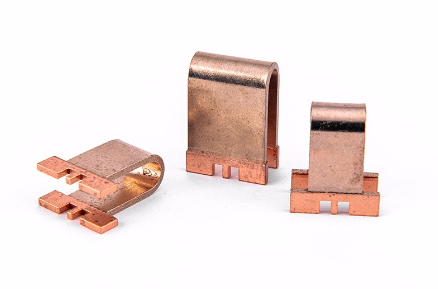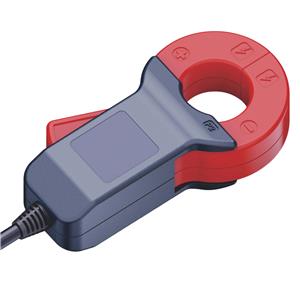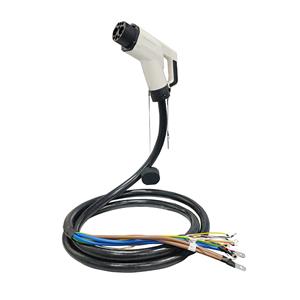Future Trends in Precision Shunt Resistors
Precision shunt resistors are continuously evolving to meet the increasing demands of various industries and applications. As technology advances, several emerging trends and advancements can be observed in the field of precision shunt resistors. This article will explore some of these trends, including the miniaturization of components, the integration of temperature compensation techniques, and the development of higher power handling capabilities.
1. Miniaturization of Components:
One significant trend in precision shunt resistors is the miniaturization of components. As electronic devices become smaller and more compact, there is a growing need for shunt resistors that can fit within limited space constraints. Manufacturers are focusing on developing smaller-sized precision shunt resistors without compromising their accuracy and performance.
Miniaturized precision shunt resistors are crucial in applications such as portable devices, wearable technology, and miniaturized sensors. These resistors allow for more efficient use of space, enabling the design of smaller and more lightweight electronic systems.
2. Integration of Temperature Compensation Techniques:
Precision shunt resistors are highly sensitive to temperature variations, which can affect their accuracy. To overcome this limitation, manufacturers are integrating temperature compensation techniques into their resistor designs. These techniques help maintain the accuracy of the resistors over a wide temperature range.

One common temperature compensation technique used is the inclusion of temperature sensors, such as thermistors or temperature-sensitive resistors, alongside the shunt resistor. These sensors monitor the ambient temperature and provide feedback to compensate for any changes in resistance due to temperature variations. This integration ensures that the accuracy of the precision shunt resistor is maintained regardless of temperature changes.
3. Development of Higher Power Handling Capabilities:
Another emerging trend in precision shunt resistors is the development of higher power handling capabilities. With the increasing power requirements in modern electronic systems, precision shunt resistors need to handle higher currents without compromising accuracy and stability.
To meet this demand, manufacturers are focusing on improving the power dissipation capabilities of precision shunt resistors. This includes using materials with higher thermal conductivity, optimizing resistor designs for better heat dissipation, and incorporating advanced cooling techniques. Higher power handling capabilities enable precision shunt resistors to be used in applications that require accurate current measurement and control at higher power levels, such as electric vehicle charging stations, power distribution systems, and industrial automation.
4. Integration with Digital Interfaces:
As digitalization continues to transform various industries, precision shunt resistors are being integrated with digital interfaces to enable better monitoring and control of current measurements. Traditional analog shunt resistors are being combined with digital circuitry and communication protocols, such as I2C or SPI, to provide digital outputs of current measurements.
Integrating digital interfaces with precision shunt resistors allows for easier integration into digital systems, remote monitoring capabilities, and enhanced accuracy through digital signal processing techniques. This trend enables seamless integration of precision shunt resistors into modern digital control systems, IoT devices, and data acquisition systems.
In conclusion, precision shunt resistors are undergoing continuous advancements to meet the evolving needs of electronic systems. The miniaturization of components, integration of temperature compensation techniques, development of higher power handling capabilities, and integration with digital interfaces are some of the emerging trends in this field. These advancements further enhance the accuracy, stability, and versatility of precision shunt resistors, enabling their application in a wide range of industries, including automotive, aerospace, medical, and consumer electronics.
SEO Keywords: precision shunt resistors, emerging trends, miniaturization, temperature compensation, power handling capabilities, digital interfaces.




